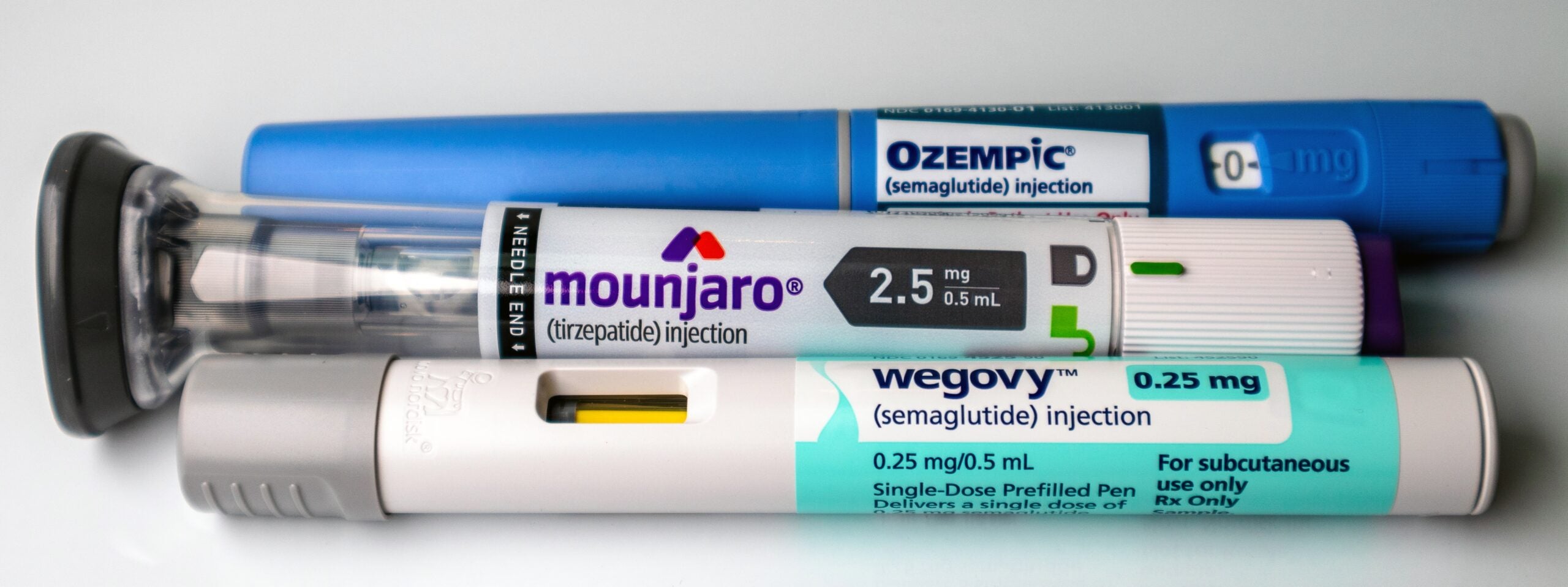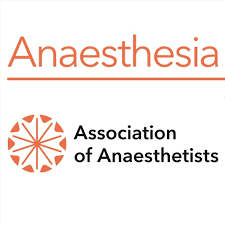
A study by investigators at University of Nebraska Medical Center (UNMC) in Omaha suggests that by embedding a standardized glucose management protocol into the electronic health record (EHR), perioperative teams can better control the blood sugar levels of diabetic patients. The study, published in Journal of Diabetes Science and Technology,…

With the explosion of GLP-1–based therapies for type 2 diabetes and weight loss, perioperative nursing teams, especially in the preoperative and postanesthesia care areas, need to be fluent in recognizing these medications. Some patients may arrive on these agents—or even novel oral GLP-1s—and the physiologic effects, especially delayed gastric emptying,…

Editor's Note Healthcare providers, payers, and analytics teams face sweeping ICD-10 changes this fall, with the 2026 code updates taking effect October 1, 2025, Wolters Kluwer July 14 reports. The release includes 614 new codes, 12 invalidations, 642 billability changes, 88 terminology revisions, and the creation of an entirely new…

Editor's Note Glucagon-like peptide-1 (GLP-1) receptor agonists may offer orthopedic patients with obesity and type 2 diabetes a powerful tool for preoperative weight loss and potential disease modification, according to a July 10 review article in The Journal of Bone and Joint Surgery. However, the agents carry perioperative risks that…

Editor's Note Bariatric surgery produced five times greater weight loss than GLP-1 medications in a new study of over 51,000 patients with obesity, according to a June 18 article from Fox News. The retrospective study, funded by the NIH and conducted by researchers at NYU Langone Health and NYC Health…

Editor's Note Patients hospitalized with sepsis who have limited English proficiency (LEP) face significantly higher odds of dying in the hospital even after accounting for multiple demographic and clinical factors, according to research presented at the American Thoracic Society International Conference by researchers from UC San Diego. Healio reported the…

Editor's Note Patients taking GLP-1 receptor agonists (GLP-1 RAs) do not need to discontinue these medications before undergoing anesthesia but should follow extended preoperative fasting protocols to reduce aspiration risk, according to a June 5 article in Medscape. As detailed in the article, this recommendation comes from a new multidisciplinary…

Editor's Note Patients taking SGLT2 inhibitors face a higher risk of postoperative euglycemic ketoacidosis (eKA) but experience fewer acute kidney injuries and deaths after surgery, according to an April 30 article in Medical Xpress. The article focuses on new research published in JAMA Surgery. Led by researchers at the University…

Editor's Note Bariatric surgery improves survival and appears cost-effective over a decade for patients with obesity and compensated cirrhosis, according to an April 18 report in Healio. The findings, based on an analysis published in JAMA Surgery, suggest that bariatric surgery could fill a crucial gap in care for this…

Editor's Note Taking GLP-1 receptor agonists before anesthesia increases the risk of residual gastric contents, but evidence is lacking for a corresponding increase in perioperative pulmonary aspiration risk, according research published April 15 in the journal Anaesthesia. The systematic review and meta-analysis analyzed 28 observational studies involving over 466,000 patients…